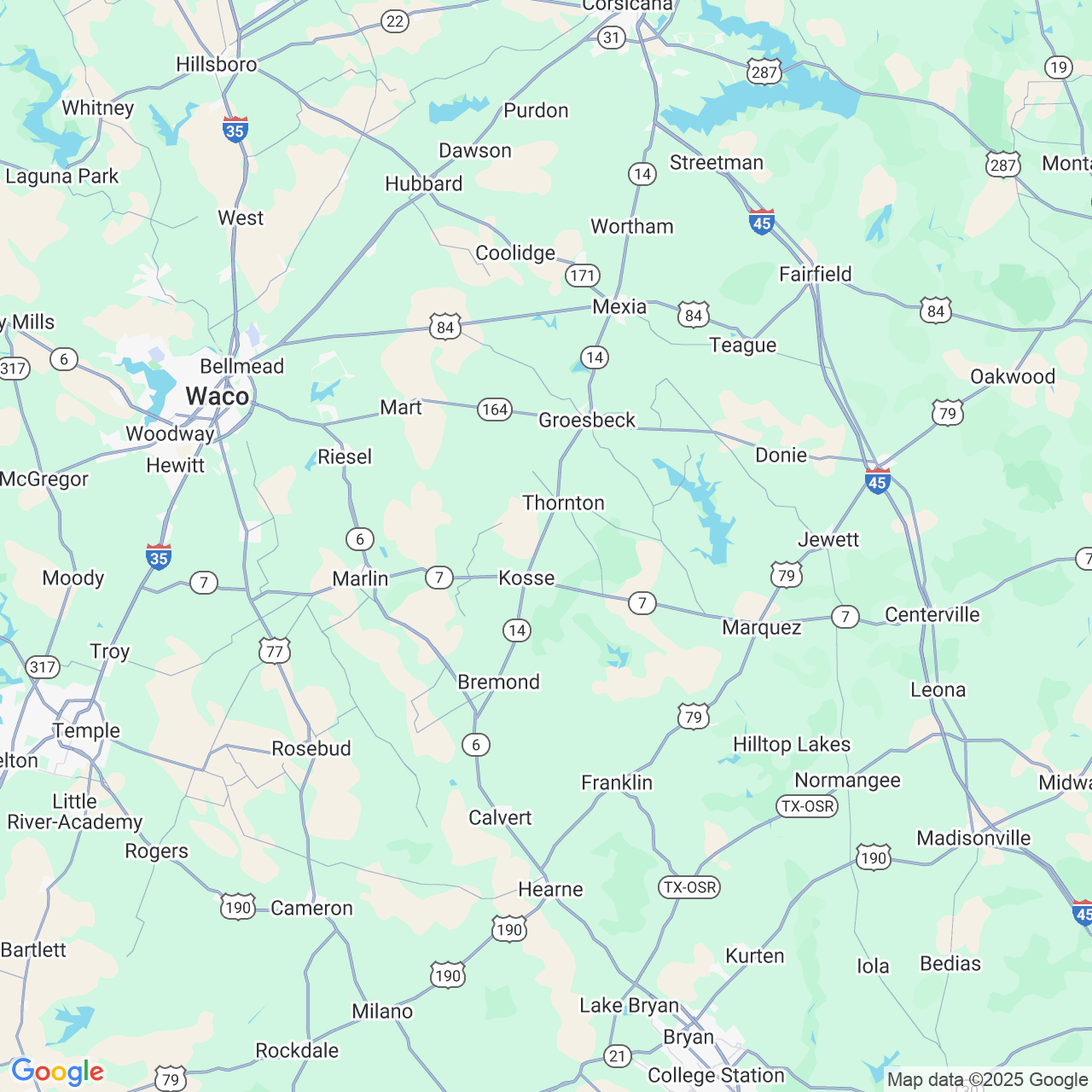Are Concerns About Stress Causing Hair Loss Justified?
A new survey out of the U.K. finds that one out of every six women say they experienced thinning hair prior to their 30th birthday. Overall, one out of three women report experiencing hair loss, which they generally notice at around age 45. The survey of more than 2,000 British adults was conducted by L'Oréal Professionnel, finding that nearly 75 percent blame the condition of their hair on stress from work and life.
Other key takeaways from the survey:
- Those who earn £75,000 ($122,000 USD) and up are far more likely to believe that their hair is falling out because of the stress of their jobs than those earning £15,000 ($24,000). About 20 percent of the high earners blamed work stress for hair thinning, compared to just 10 percent of those who earn up to £15,000.
- Thinning hair is now a tell tale sign of aging. When asked to identify the most worrying sign of getting older, respondents rated 'thinning hair' third, after 'sagging body' and 'wrinkles.'
- More than half the women who experienced hair loss say they found out about it by checking their hair brush. Others said they found hair in the shower or sink after grooming. About one in 10 said their hairdresser informed them. Only five percent learned were told by their partner.
WebMD has a good article, "
The Effects of Stress on Your Hair," which is worth reviewing if you are concerned about stress and hair loss. They argue that stress does not directly lead to hair loss, but can contribute to lifestyle changes -- such as diet -- that can increase the likelihood of hair loss. Here's a brief excerpt:
A variety of stressors may cause your body to undergo hair loss. It happens, Paradi Mirmirani, MD, a dermatologist with the Permanente Medical Group in Vallejo, Calif., says when there's some type of physiological change in your system. "For instance," she says, "you go on or off an oral contraceptive. Or you lose more than 15 pounds of weight. Things like this change the physiological balance in your system."
Other stressors, according to McMichael, could include:
- A strict low-calorie diet
- Lower estrogen levels after childbirth
- Severe illness
- High fever
- Major surgery
- Severe infections
The L'Oréal Professionnel survey also included men, and found that those who experienced hair loss typically noticed it at around age of 38. Two out of three men said they suffered thinning hair or
baldness. Two thirds of men attributed their hair thinning to their genes. About half blame pressures from work or home.
One tenth of respondents had no idea what causes it and only half of women are aware that changes in hormones caused by pregnancy could trigger thinning hair or hair loss. A relatively low one in 10 women state their hair loss is due to dieting, one in 30 say it is due to shock/trauma and one in 50 says it is due to extensions.
Women Can Prevent Hair Loss and Repair Thinning Hair Damage with Changes
The fact is the human body is a marvelous finely tuned machine, and an adequate and balanced diet is essential for its continual smooth functioning. If you are not getting the proper nutrition, hair loss can be the result. Iron deficiency can cause a kind of diffuse hair loss known as telogen effluvium. Iron deficiency can result from inadequate intake of foods rich in iron and in post pubescent women from excessive menstruation.
Dieting, especially crash dieting, can lead to diffuse hair shedding some months after the start of the diet. Protein and Protein/ Caloric malnutrition, known as Kwashiorkor and Marasma cause hair loss also. Insufficient essential fatty acid intake can cause telogen effluvium. Hair loss is also a feature of zinc and biotin deficiencies. Biotin deficiency can result from ingestion of too much raw egg whites. Body builders beware when trying to supplement the lean protein intake by consuming egg whites in proteins shakes.
To maintain a healthy and luxurious head of hair, it is essential to have a balanced diet that includes carbohydrates, protein, fats, zinc and vitamins. Here are some foods rich in iron you should consume:
- Oatmeal
- Cream of wheat
- Raisin bran cereal
- Baked potato
- Green leafy vegetables
- Liver, meat
- Dates or prunes
Also be certain to consume adequate omega-3 fatty acids. Excellent sources of these essential fatty acids are wild salmon, sardines, herring or mackerel, and freshly ground flax seeds.
To ensure a healthy, luxurious head of hair with a good lustre and sheen, eat sensibly. Whether you have had a
hair restoration procedure, or are blessed with a full head of hair, eating a balanced diet as discussed above will maximize the quality of your hair.
For those women who are experiencing hair loss, Arocha Hair Restoration can help. More than 20 percent of the patients we see are women and we are very proud of the results we are able to achieve. To learn more about
Pattern Hair Loss in Women. See results of our female clients including
before and after photos of our patient results.
Related to This



